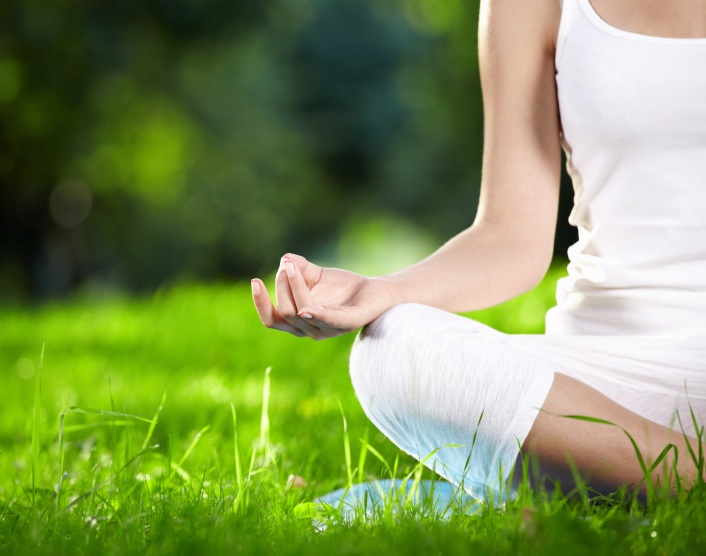
Throughout history essential oils have been used in many religious ceremonies, healing rituals and blends, and as a personal oil or perfume for royalty. For example, when a person would pass away their body would be anointed with oil in order to prepare the body for burial.
There are many different oils available and many different uses for oils but it is important that if you are going to use oils, you do a little research first. Some oils can be dangerous on their own or mixed with other oils. For example, orange essential may burn the skin if not properly diluted with a base oil.
It is important that you keep in mind that most oils are made from plants and flowers and if you are prone to allergies you will need to be especially careful when working with oils or practicing aromatherapy in general.
Most oils need to be diluted with a base oil and some workers will use oils such as sweet almond, grapeseed, canola, and olive. Again, if you have allergies it is important to find out what is in the oils that you are using on and off of your skin. If you are pregnant or may become pregnant you should discuss these practices with your doctor before trying them. Some oils and massage techniques can cause early labor. Some scents may also cause increased nausea in pregnant women.
Essential oils can lose their strength when exposed to light and they should never be exposed to sunlight. Store them in a cool, dry, and dark space. You should store them in amber or cobalt bottles if at all possible and mix them in small amounts as you need them to ensure that they do not lose their healing or magickal properties. Always be sure to properly label your oil blends and store them out of reach of pets and children.
Do not measure or mix oils with plastic utensils for two reasons; plastic will hold the scent of oils and some oils, like orange, cinnamon, lavender, and rosemary will actually dissolve the plastic. Glass or metal will work well for measuring, glass is best, however.
When blending oils it is a good practice to have several glass eye droppers on hand to mix the oils with. Glass is easiest to clean and will not hold the scent of the oil after cleaning. You should have several so that as you are using your essentials you are not blending them in their bottles. Mixing them this way could ruin expensive essentials for use later.
For the purpose of meditation different mixtures of oil can be used to experience different results. If the meditation is for relaxation you may want an oil that is blended for that purpose. One example of this is the oil below.
Relaxation Oil Blend
- 1 tablespoon of sweet almond oil (base oil)
- 5 drops of lavender essential oil
- 10 drops of chamomile essential oil
- 10 drops of ylang- ylang essential oil
Tightly cap the bottle after mixing and roll in palm of your hands to blend gently. This oil has a soft flowery scent and can be used as a personal anointing oil, a bath or massage oil, or it can be used like a perfume. It only takes a drop or two since this oil is made with essentials. If you want to heat the oil slightly just sit the bottle in a small container of hot water for a minute being careful not to get it too hot. Never heat oils on the stove or in the microwave!
When applying any essential oils or oil blends to the skin, be sure to test a small patch of skin near the inside of the elbow and wait 24 hours to make sure that you do not have an allergic reaction to the blend. If you have any rash, redness, or tenderness discontinue use immediately and contact a physician.
If you are meditating in order to connect or communicate with Spirit you will want to have an oil blended for that purpose.
Meditation and Anointing Oil Blend
- One tablespoon of olive oil (base oil)
- 10 drops of sandalwood essential oil
- 5 drops of frankincense essential oil
- 5 drops of myrrh essential oil
Tightly cap the bottle and roll gently in the palm to blend. This blend has a somewhat earthy smell but is not too spicy when applied to the body. The oils within this mixture are strong oils used in many religious ceremonies to honor Spirit. This oil is intended to be applied to the third eye chakra and the soles of the feet. It can also be applied to the wrists as well.
Do not take ingest essential oils. If the oils or oil blends are accidently swallowed contact poison control immediately. Do not get in eyes or eye area, nostrils, or mouth. If oils do come in contact with eyes flush contact a physician immediately. Do not blend in areas where food is stored or prepared.
Suggested Reading
- The Complete Book of Incense, Oils & Brews by Scott Cunningham
- The Magick of Aromatherapy by Gwydion O'Hara
- Aromatherapy: A Complete Guide to the Healing Art by Kathi Keville and Mindy Green


